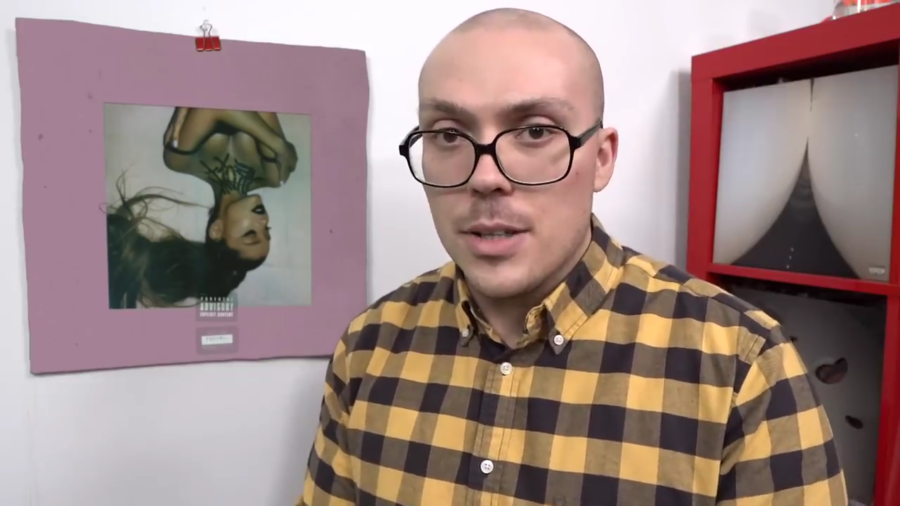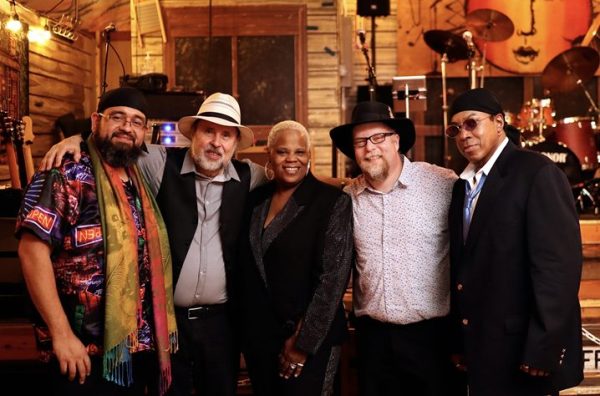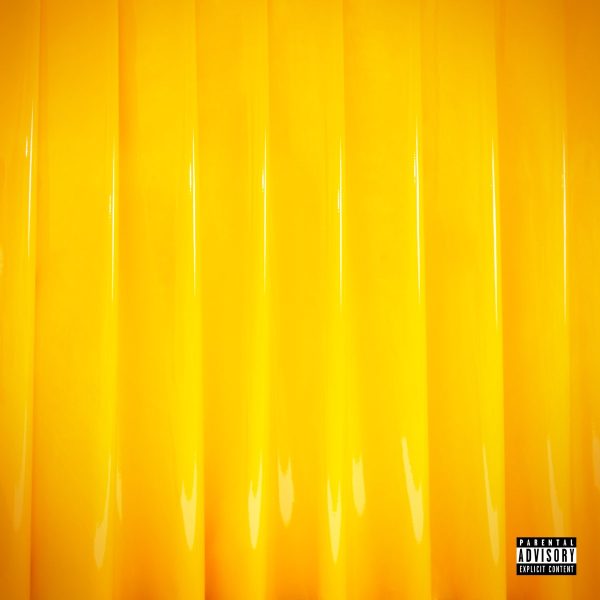- Limelight
- Limelight / Culture
- Limelight / Music
- Limelight / Visual Media
- Limelight / Visual Media / Film
- Limelight / Visual Media / Tv
- Limelight / Visual Media / Videogames
Babcock: Criticism increases appreciation for art
February 17, 2019
Have you ever seen a movie, loved it, then saw it panned online by critics and film fanatics alike? Or maybe you’ve seen your favorite artist’s new album viciously picked apart by reviewers or in comments on social media.
Did you dig your heels in and defend the art you found enjoyment and meaning in? Or did you take a step back and realize it’s possible the album or movie wasn’t as good as you originally thought it was?
Either way, the purpose of a critique is fulfilled upon both reactions.
Sometimes it can be hard to keep your cool when something you love such as a favorite movie or favorite artist’s quality is criticized. You might think the critics just like to be negative or they’re trying to curb interest based on unclear motivations.
A common misunderstanding in the conversation of criticism, is the critic is trying to persuade an audience into thinking just like they do or that one is in the wrong for having a differing opinion. The purpose of criticism, as I see it, is to get the audience to think deeply about the subject.
When you react to a negative review of art you appreciate, you reinforce in your mind why you appreciate that art or maybe you start to question if art you appreciate is worth that praise you’ve given it. In both cases, you’ve thought deeply about the subject and gained a greater understanding of your enjoyment.
That greater understanding is what makes criticism important. Whether or not you agree with a critic is not always an effective way to gauge that critic’s success or failure in their criticism. The critic knows among their audience there will be those in disagreement, but their goal is not necessarily to get the audience to agree.
If conversation is sparked by their criticism and the audience feels obligated to discuss why a film or album is good or bad, the greater understanding of the subject is furthered. When the audience begins to seek this greater understanding, this is ultimately good for whatever medium is being discussed.
The more one thinks about why they appreciate a work of art, they may find even more enjoyment in it. This seeking of greater understanding begins to affect all new art they experience. The next time they put on a new album, they may think more about its quality before developing an opinion. When they watch a new movie, they might think more about what makes a film great during their viewing experience.
See the growing trend of review channels, video essays on YouTube and the more frequent sharing of “hot takes” on Twitter. I believe the more we seek a deeper understanding and have more discussions about the things we enjoy, the overall quality and creativity of art and entertainment we seek out is bettered.
If you find yourself dismissing criticism of the art you enjoy as unwarranted negativity, instead try to critically process the critic’s points. Whether you wind up agreeing or disagreeing with the critic is irrelevant, as long as you thought deeply about the subject.

















